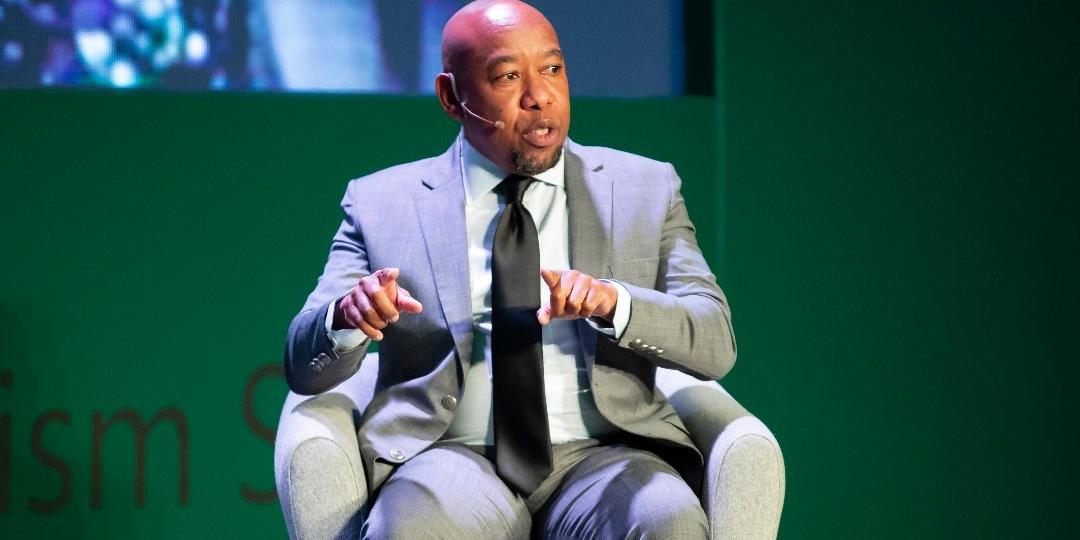The International Labour Organization (ILO) and other prominent tourism industry associations, including SATSA and South African Tourism, want to see tourism SMEs honing their digital marketing skills and targeting new markets, especially regional travellers, to survive any possible health, COVID or economic crisis in the future.
Last week, Business Day and the ILO invited prominent industry members and business owners to discuss how South Africa could fully realise its potential as a tourism destination. Building resilience and improving support for SMEs were the dominant themes.
Dragan Radic, Head of the SME Unit at the ILO, said SMEs couldn’t exist without an online presence, adding that they urgently needed access to funding and reliable market intelligence (such as visitor stats and profiles) to maximise their potential.
Meanwhile, the ILO, with the support of the German government, has developed a business resilience programme to help protect SMEs in multi-hazard environments. The agency is helping to train and upskill SMEs in travel through the programme. However, Radic also urged South Africa’s banks, funds and financial institutions to de-risk access to credit for SMEs. He also said the high cost of compliance with various government regulations affected South Africa’s competitiveness.
“The ILO has been working closely with the tourism sector in South Africa to pilot these tools as the sector provides a lot of lower-skilled entry-level jobs,” he said. “Tourism was one of the hardest hit sectors during the COVID-19 pandemic, but SMEs in the tourism sector face many hazards, like failing utilities, crime, cybercrime, currency issues and political disruptions.
“Crises happen all the time and often when we least expect them. And if you have a basic plan, you might be able to stave off the worst of it. The core message of the ILO training is that your ability as a business to predict the next crisis is close to impossible, but your ability to prepare is not. Crises happen all the time, so prepare for them.”
Building a resilient tourism sector will also, directly and indirectly, boost job creation. According to the ILO, for every single tourism job, 1.5 additional tourist jobs are created on an indirect basis. “It is not a silver bullet to the employment crisis in the country, but it is an important part of the solution,” said Radic.
Additional talking points
Some of the other talking points raised during the discussion included how to encourage transformation in the sector, South Africa’s visa regime and competitiveness, and ways to encourage more high-spend domestic travel.
SAT shared a glimpse of its new destination marketing strategy for 2023, which will build on the Live Again campaign from 2022 and speaks to the ILO’s message on resilience.
SAT said the campaign was in its last stages of development but that it would focus on very specific markets. Themba Khumalo, SAT Acting CEO, said: “To win (tourists), we have to be very targeted. There are very specific niche sectors of travel that do not respond to generic campaigns.”
SAT also hopes a digital market access platform can help to support SMMEs in future. Khumalosaid: “During COVID-19, we spoke to a lot of SMMEs, and digitalisation and digital market access is the single biggest barrier. That has got to be our focus – proving a market access platform that equips businesses to have a presence [online]. If you don’t exist digitally, then you can’t play.”
Regional travel, golf, the adventure market, digital nomads, the African diaspora and heritage tourism, and domestic travel were just some of the numerous opportunity markets that the discussion helped to identify.
David Frost, SATSA CEO, said SMEs around the world were facing new challenges that they never had before – from the cost of energy to high inflation and high airfare prices. In South Africa, he said travel’s SMEs were ‘resilience veterans’ and that co-operation between the private and public sectors would help them flourish.
“This is a sector that was probably harder hit than any other sector (by COVID-19); we got really badly klapped. We were shut down for two years and, when we opened up, we were perniciously put back by the UK. We then got put on the red list by all our key source markets. You will not find a more resilient group of people than the inbound sector, in the whole world!
“We need to work with our government to unblock the blockages,” Frost said. “What is gratifying to me is that we have a solid base in this country, we have got great product, and all the time we are strengthening our relationships with our private-sector colleagues.
“That, to me, is the bedrock that will really lead the recovery and enable SMEs to flourish in a growing tourism market.”
























